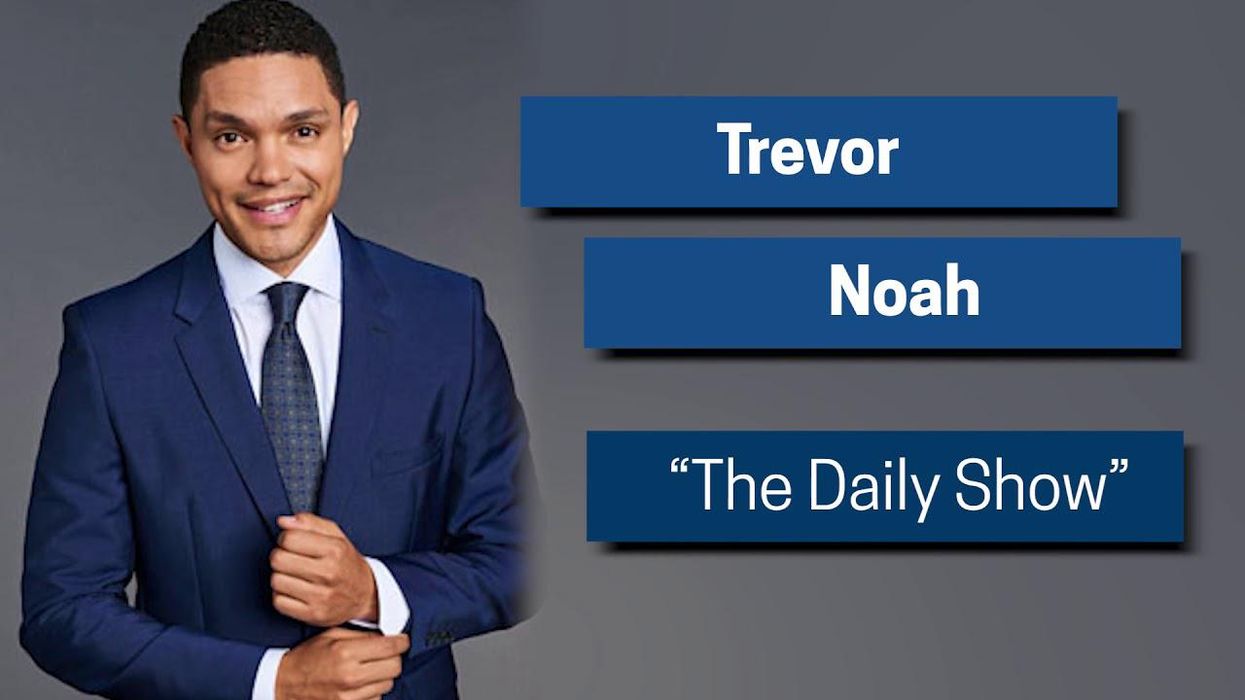As far back as Benjamin Franklin and Mark Twain, humor has been used to call into question the actions of those in power. And that tradition continued throughout our nation‘s history in humorists such as Mort Sahl, Lenny Bruce, Dick Gregory, Jonathan Winters, Richard Pryor, George Carlin, Jon Stewart, Stephen Colbert, Trevor Noah and many, many more.
At the National Democratic Institute’s Democracy Gala in 2019 Trevor Noah, Madeleine Albright and NDI President Derek Mitchell provided their thoughts on how humor helps democracy.
Mitchell said, “The core of humor and laughter is a freedom of spirit, certainly of speech, an irreverence, an assertion of individualism that are essential to a democratic culture.”
Watch this video from the event and see if you agree with us that comedy can be a powerful force to raise awareness to the realities of the political and social imperfections in our country, and by doing so can open our minds to the corrective actions needed.
If you have current or past examples of how political comedy has been more civil, please email us at pop-culture@fulcrum.us.



















Trump & Hegseth gave Mark Kelly a huge 2028 gift